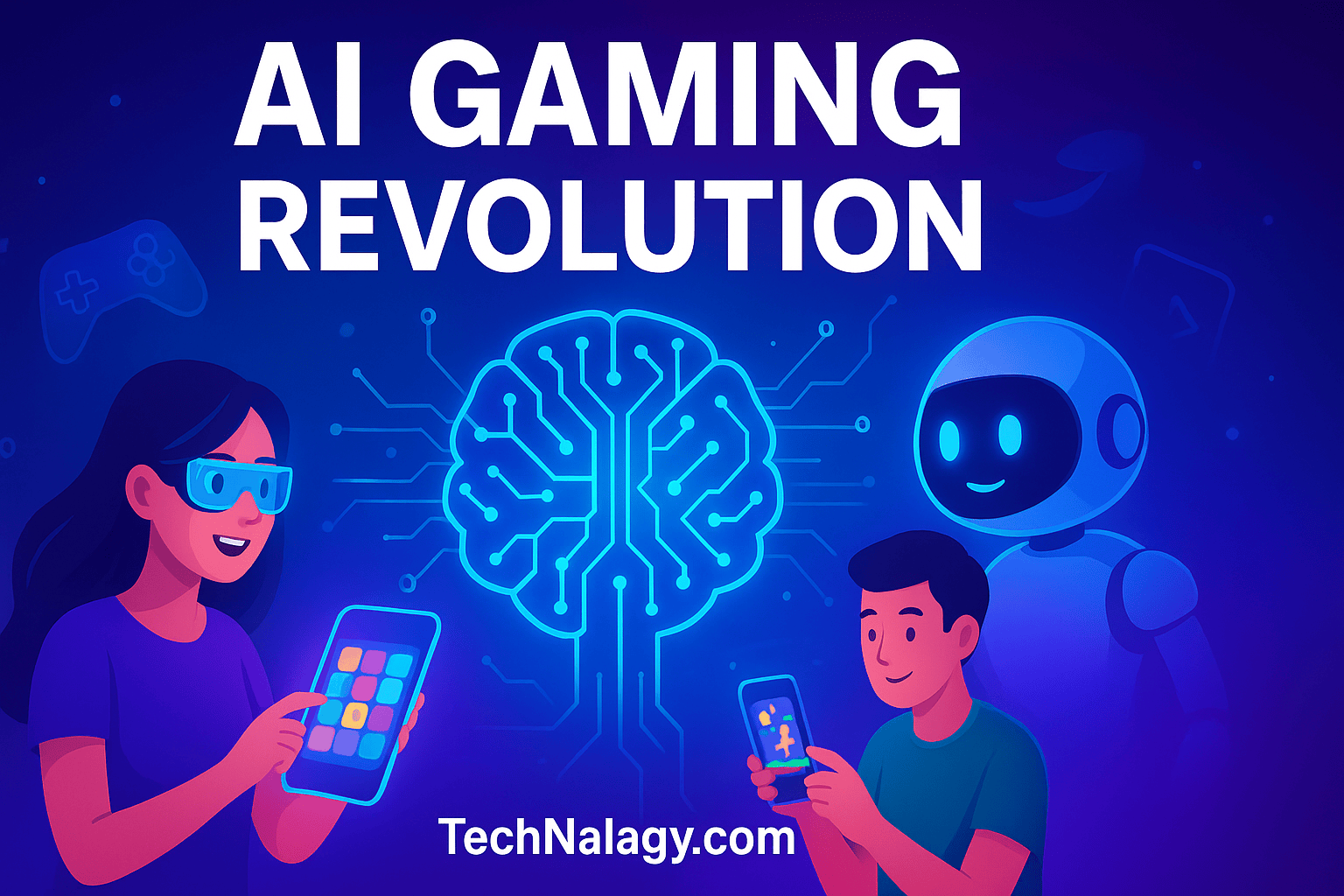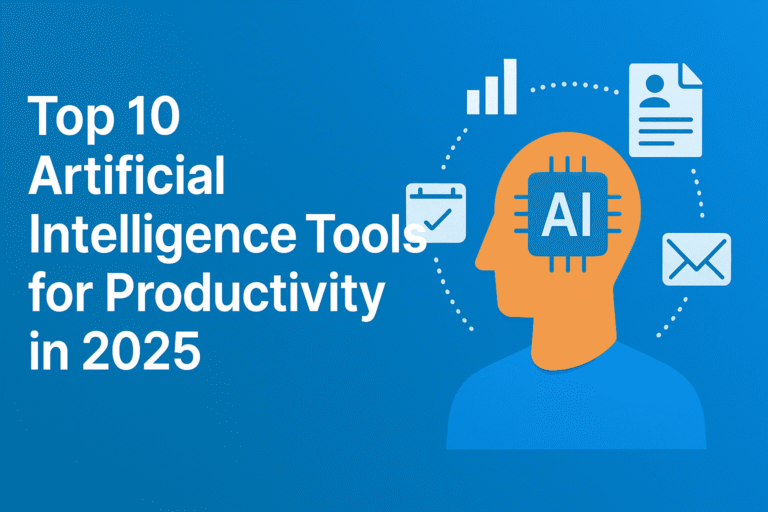AI in Casual Gaming 2025: How Artificial Intelligence is Changing the Future of Play
Casual gaming has always been about quick fun, instant engagement, and accessibility. Whether it’s tapping through a puzzle game during a commute or enjoying browser-based mini-games, casual titles dominate the global gaming market. In 2025, however, casual games are undergoing one of the biggest transformations in their history, thanks to artificial intelligence (AI).
This article dives deep into how AI in Casual Gaming 2025 is reshaping experiences for players, developers, and the gaming industry at large. From smarter non-playable characters (NPCs) to personalized recommendations and adaptive gameplay, AI is making casual games more immersive than ever before.
Table of Contents
The Rise of AI in Casual Gaming 2025
AI has become a driving force across industries, but its impact on gaming—especially casual gaming—is uniquely profound. Unlike traditional hardcore games that often rely on long campaigns or complex strategies, casual games are built on simplicity and engagement. AI makes these experiences smarter by:
- Learning from player behavior in real time.
- Offering personalized levels, challenges, and rewards.
- Enhancing graphics and interactions even in lightweight mobile titles.
This combination means that casual games are no longer “one size fits all.” Instead, they adapt to each user, ensuring a balance between challenge and enjoyment.
Why AI Matters in Casual Games
Smarter NPCs and Dynamic Gameplay
In older casual games, NPCs (non-playable characters) often followed predictable scripts. By 2025, AI has made NPCs far more interactive. Casual puzzle games now feature AI-driven opponents that respond to your strategy, while mobile card games use machine learning to predict playstyles and keep the experience engaging.
Dynamic gameplay, powered by AI, ensures that casual games never feel stale. Each session feels new, offering just enough challenge to keep players coming back.
Personalized Game Recommendations
Machine learning algorithms now curate game suggestions tailored to your playing habits. Platforms like Google Play and Apple Arcade track in-game activity to recommend similar casual titles.
A report from Wired highlights how AI-driven personalization is becoming standard across the entertainment industry, from Netflix to gaming apps. In casual gaming, this means players discover hidden gems they’re more likely to enjoy, boosting engagement for developers and fun for players.
AI in Mobile and Browser-Based Casual Games
Google Easter Egg Games & AI Fun
Google’s Easter Egg games—those hidden mini-games tucked into search results or apps—have always been part of internet culture. In 2025, AI is enhancing these playful experiences. For instance, adaptive AI difficulty levels and machine learning-powered animations make even hidden games more interactive.
👉 Explore more in our guide: Google Easter Egg Games 2025
AI Features in Google Block Breaker 2025
Google’s Block Breaker remains one of the most iconic casual games. This year, AI is breathing new life into it with features like adaptive difficulty scaling, predictive block placements, and real-time learning from player performance.
👉 Want to master the updated version? Check out our step-by-step guide: Play Google Block Breaker 2025 Guide
Google’s Role in AI Casual Gaming
Innovations from Google I/O 2025
At Google I/O 2025, AI advancements in gaming stole the spotlight. Google announced smarter AI APIs for developers, making it easier to integrate real-time learning into casual games. From AI-generated puzzles to adaptive multiplayer matchmaking, the announcements cemented Google’s leadership in AI-powered entertainment.
👉 Read more highlights here: Google I/O Highlights 2025
These innovations suggest that the future of AI in casual gaming isn’t just about fun—it’s about personalization, inclusivity, and scalability.
How AI is Changing Player Engagement
Adaptive Difficulty Levels
Casual gamers range from complete beginners to highly skilled players. AI bridges this gap by monitoring performance and automatically adjusting difficulty. This keeps games challenging for veterans while remaining accessible to new players.
Adaptive systems also reduce frustration—a player stuck at the same level for days might see AI subtly adjust mechanics to help them progress, keeping motivation high.
AI-Driven Monetization & Ads
Monetization is critical for free-to-play casual games. AI now personalizes in-game ads and purchase suggestions based on player behavior. While this boosts revenue for developers, it also raises questions: how much personalization is too much?
On the positive side, personalized ads can be less disruptive and more relevant, creating a win-win for both users and developers.
Challenges & Ethical Questions in AI Gaming
Privacy Concerns in AI Gaming Data
AI thrives on data. Every tap, swipe, and pause in a casual game feeds into algorithms that shape your experience. While this creates smarter games, it also raises concerns about data privacy. In 2025, regulators are pushing for stricter guidelines on how gaming companies collect and use player data.
The Future of Fair Play
Another ethical challenge is whether AI makes games too addictive. Adaptive difficulty and reward loops can hook players longer than intended, raising questions about responsible design. Critics argue that AI-driven casual games must balance fun with fairness to avoid exploitation.
The Future of AI in Casual Gaming Beyond 2025
Looking ahead, the role of AI in casual gaming is only set to expand. Predictions include:
- Cloud Gaming + AI: Lightweight casual games streamed on-demand with AI optimization.
- AR/VR Casual Games: AI creating realistic yet fun casual experiences in augmented and virtual reality.
- AI as a Co-Creator: Games that allow players to design levels with AI assistance, blending creativity with play.
By 2030, it’s possible that most casual games will be AI-driven from concept to execution.
Conclusion – What Gamers Can Expect Next
The era of AI in Casual Gaming 2025 is here, and it’s transforming everything from gameplay and recommendations to monetization and ethics. Casual games are becoming smarter, more adaptive, and more engaging than ever before.
For players, this means endless variety and personalized fun. For developers, it means new opportunities—and responsibilities—to shape the future of gaming responsibly.

Kamran Khatri is the founder of technalagy.com, where he shares insights on AI, future tech, gadgets, smart homes, and the latest tech news. Passionate about making innovation simple and accessible, he writes guides, reviews, and opinions that help readers stay ahead in the digital world.







